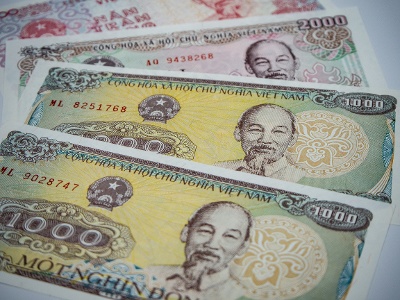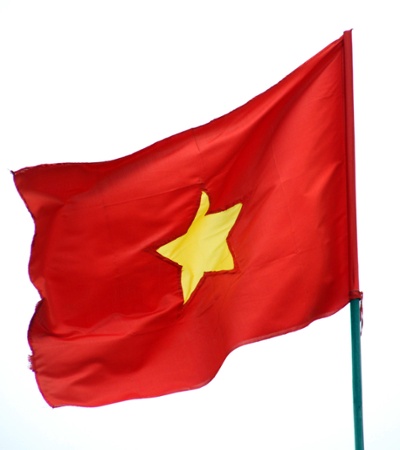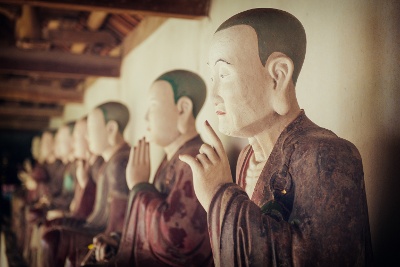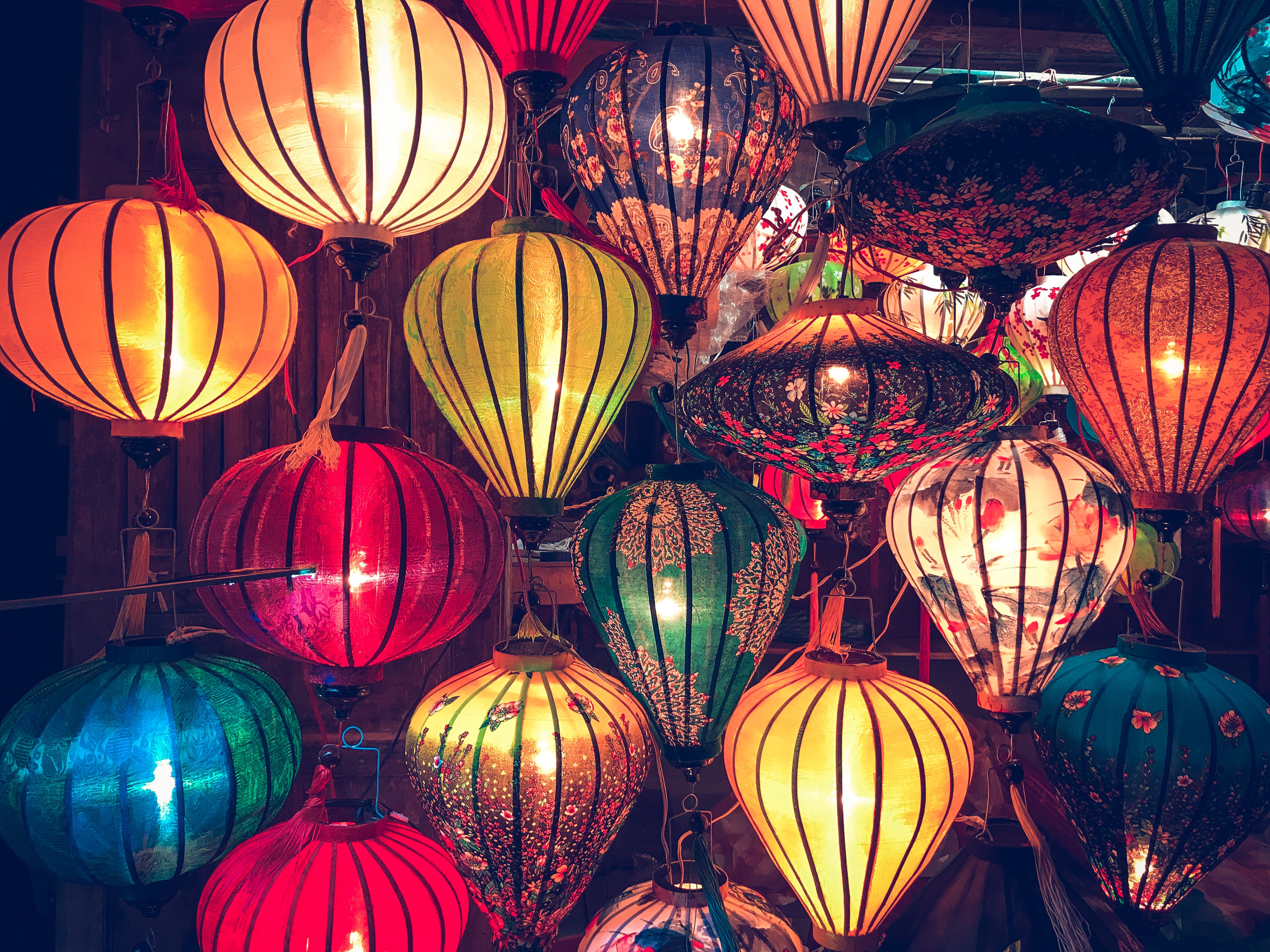Call us:
USA +1877 564 7526
AUS +61 4 6699 2806
USA +1877 564 7526
AUS +61 4 6699 2806
Vietnam is a country that honors the past and celebrates the future. Sharing borders with Cambodia, Laos, and China, the topography varies from coastal plains to mountain ranges. The Vietnamese culture has evolved on the basis of the wet rice civilization, and the local lifestyle is closely related to its village and native lands.
The diversity of the 54 ethnic groups is apparent in the many traditional and cultural treasures. Popular destinations include the dazzling capital of Hanoi, French colonial landmarks in Ho Chi Minh City, colorful streets of Hoi An, terraced highlands of Sapa, and the limestone pillars of Ha Long Bay.
Vietnamese
Easternmost country on the Indochina Peninsula; shares land borders with China, Laos, and Cambodia
Hanoi
96 million

The currency in Vietnam is the Vietnamese Dong. Vietnamese Dongs come in the following forms: banknotes 500; 1,000; 2,000; 5,000; 10,000; 20,000; 50,000; 100,000; 200,000; 500,000. There are no more coins in circulation.

Vietnam is GMT + 7 and does not apply Daylight Savings Time.

.jpg?width=700&height=533&name=Vietnam%20Children%20(1).jpg)
Vietnam is presently the 15th most populated country in the world. Some elements considered to be characteristic of the Vietnamese people include a deep respect for community, family values, and a devotion to study. As in most South Asian countries, they are welcoming to foreign visitors and keen to share knowledge of their homeland.

Vietnam’s celebrations are an eclectic recognition of historical achievements and cultural remembrances. The major public holidays include:
Yes. Presently a tourist visa and e-visa are available, based on eligible country of citizenship. Our office will provide the most current and appropriate visa facilitation when you reserve your program.
The visa situation changes often for many nationalities, so always check the latest regulations.
Most travelers prefer a mild climate with less rainfall. In the broadest sense, the best time to visit is between November and April. The temperatures are more moderate and rainfall is lighter. In spring, March and April have the lowest rainfall across all destinations and temperatures are pleasant, though still cool in the far north.
Vietnam has a tropical monsoon climate and the weather is often dictated by two seasons - the southwest monsoon from April to September and the northeast monsoon from October to late March or early April.
No vaccinations are currently required. (Exception: A yellow fever certificate is mandatory if you are traveling from an area where the disease is present.) We do recommend inoculations against typhoid, hepatitis A and B, and tetanus. Malaria and Dengue Fever are present and it is advisable to take precautions, especially if traveling off the established tourist trail. If you plan to take anti-malarial tablets, you usually need to start the course of tablets one week before arrival. Prior to travel we recommend seeking a qualified medical practitioner’s advice about vaccinations.
Vietnam has a low crime rate and is an incredibly safe country to visit. As with any international travel, please be aware of your surroundings. Check with your guide or representative about the safe/ unsafe areas of town and use caution when traveling alone. Also, always make sure your purse is zipped and wallets are in sealed pockets. In the markets, be vigilant of pick-pockets and distraction scams. Additionally, at the train/bus stations and airports, please monitor your luggage at all times.
Sodha Travel will provide a packing list before your departure that outlines necessities and suggestions. Generally speaking. Vietnam is a conservative country. We recommend not wearing clothes too short, tight, or revealing. In Sri Lanka, we recommend loose fitting cotton clothes (or some form of the breathable modern fabrics). Long sleeves and hats will keep you protected from the sun. Some warm clothes are recommended if you are traveling to the hill regions, where the evenings tend to get chilly. Layering is best to accommodate the varying temperatures. Dress modestly at religious sites and remember to remove your shoes and hat when entering a Buddhist or Hindu temple.
In big cities and major tourism destinations, English is commonly spoken. In more remote areas, English is rare. Many older Vietnamese will speak more French than English. The Vietnamese language has six different tones and is a difficult language for most foreigners to speak. For example, one word can have six different meanings depending on the tone used to pronounce it.
Internet and Wi-Fi are widely available throughout Vietnam. Many cafes and restaurants also have complimentary Wi-Fi. Remember that Vietnam regulates its citizens’ internet access using both technical and legal means.